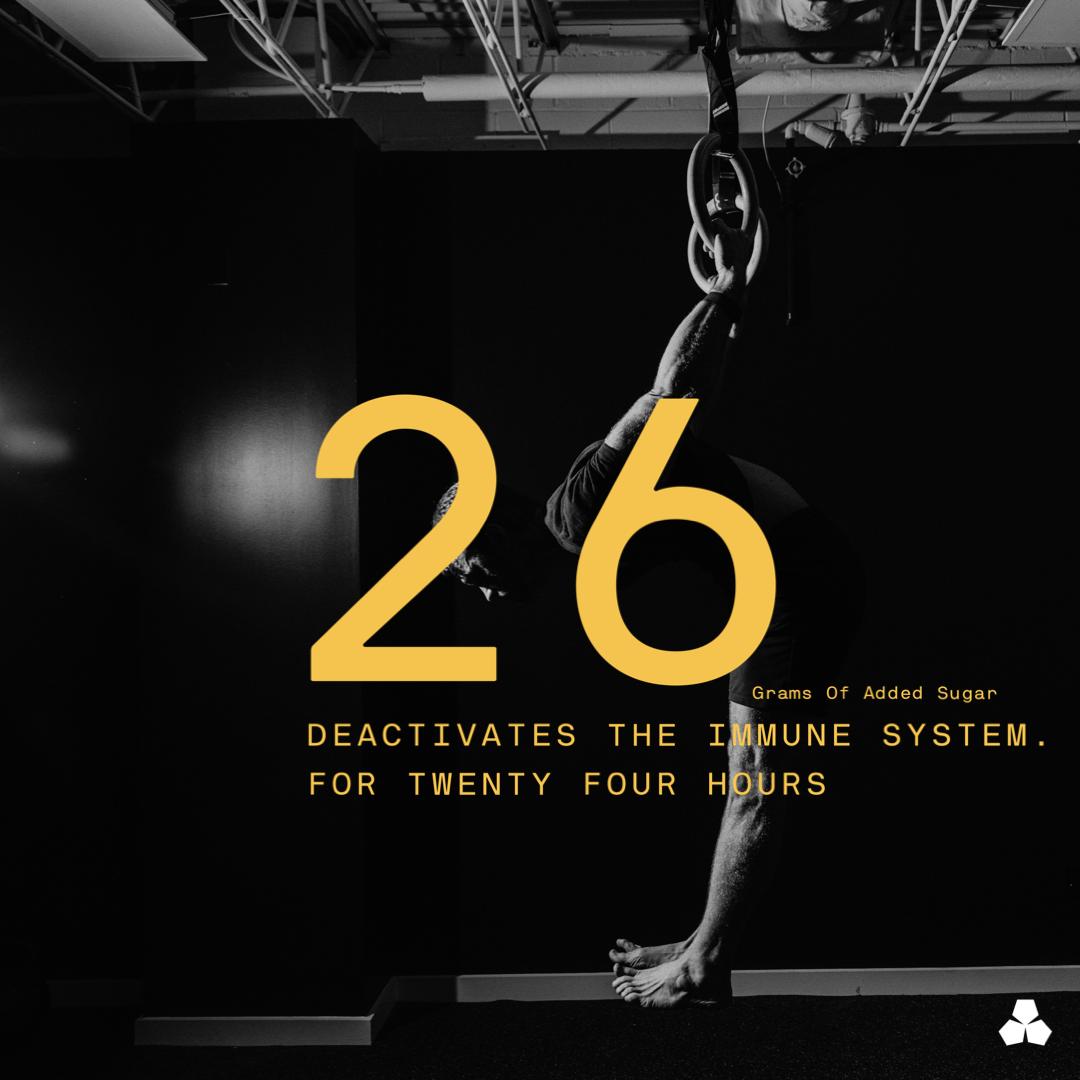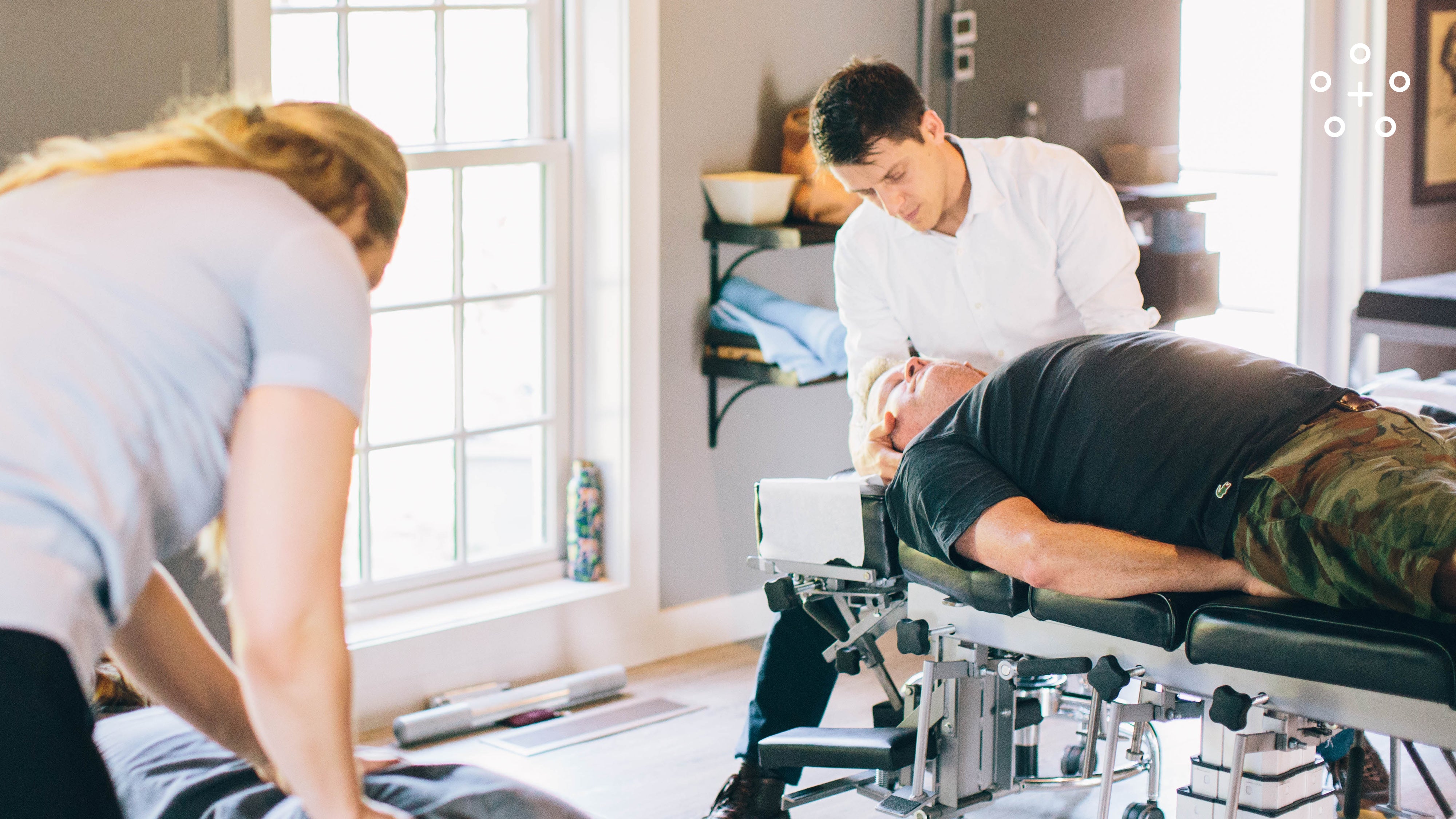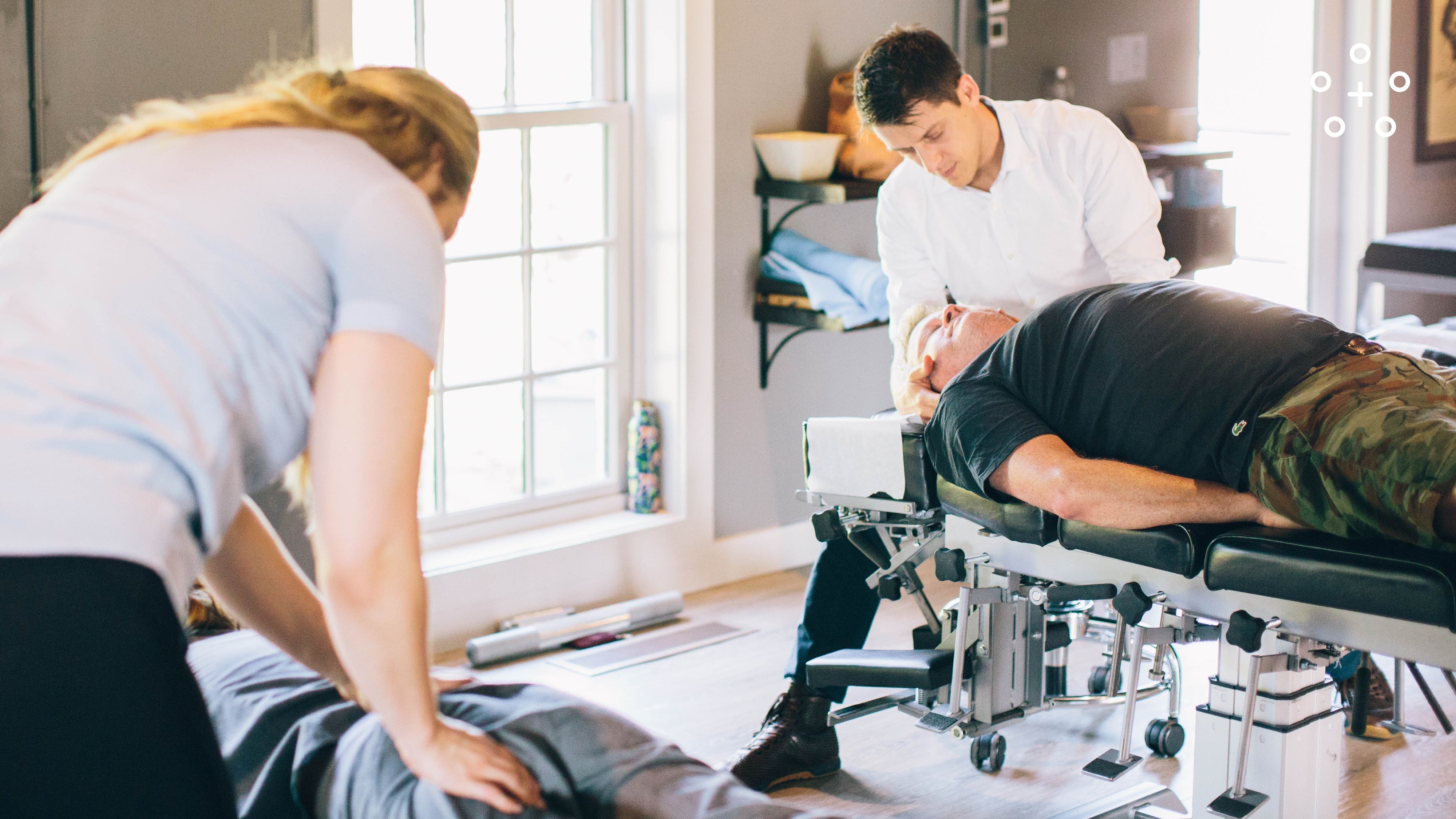Fear Paralysis Reflex in Birmingham: Guide for Parents
Is your child struggling with feelings of anxiety, emotional responses, or adapting to change? These issues might be linked to a persistent Fear Paralysis Reflex (FPR). At Archetype Health in Homewood, we specialize in addressing primitive reflexes, providing support to children with underdeveloped fear paralysis reflexes.
Understanding the Fear Paralysis Reflex
The fear paralysis reflex is one of the earliest primitive reflexes, appearing around the 5th week of pregnancy. Typically, it should integrate either before or shortly after birth. Failure to integrate this reflex can lead to heightened alertness, resulting in exaggerated reactions to stress and challenges for children.
Indications of a Retained Fear Paralysis Reflex
Children (and sometimes adults) with an unintegrated FPR might display:
- Heightened levels of anxiety or fear in difficult situations
- Excessive shyness or avoidance of eye contact
- Emotional outbursts or shutdowns during changes in routine
- Difficulty transitioning between activities
- Sleep disturbances, such as trouble falling asleep
- Low self-esteem or persistent self-criticism
- Physical signs of stress like tense muscles or shallow breathing
Impact of Fear Paralysis Reflex on Development
An unintegrated FPR can impede the development of healthy social and learning behaviors in children. It can keep the nervous system in a constant state of "fight, flight, or freeze," affecting:
- Focus and concentration in school
- Confidence in social settings, sports, and friendships
- Emotional regulation, potentially leading to anxiety
- Physical posture and breathing patterns, influencing energy levels and calmness
Approach to Fear Paralysis Reflex at Archetype Health
At Archetype Health in Birmingham, we employ a holistic developmental and functional neurology approach to evaluate and integrate the fear paralysis reflex. Our techniques may include:
- Gentle exercises to retrain the nervous system
- Breathing exercises for stress relief
- Vestibular and sensory activities to stimulate brain adaptation
- Chiropractic adjustments to improve nervous system balance
- Personalized home programs for continuous reflex integration
Importance of Addressing FPR
Integrating the fear paralysis reflex can help children:
- Manage challenges with poise and flexibility
- Enhance sleep quality and energy regulation
- Improve focus in learning and play
- Boost confidence in social interactions
- Reduce anxiety and enhance overall well-being
FAQs
- What age group do you work with for fear paralysis reflex concerns?
Our services cater to children of all ages, with notable progress often seen during elementary and middle school years.
- How can I determine if my child has a retained FPR?
Our clinic conducts a primitive reflex assessment to evaluate each reflex, including the fear paralysis reflex.
- What is the duration of therapy?
Many children show improvement within a few weeks, although complete integration may take several months depending on individual needs.
Fear Paralysis Reflex Therapy in Birmingham & Homewood, AL
If your child is facing challenges related to anxiety, transitions, or emotional control, a retained fear paralysis reflex could be a contributing factor. At Archetype Health in Homewood, we assist children and families across Birmingham in establishing strong neurological foundations for learning, confidence, and peace of mind.




